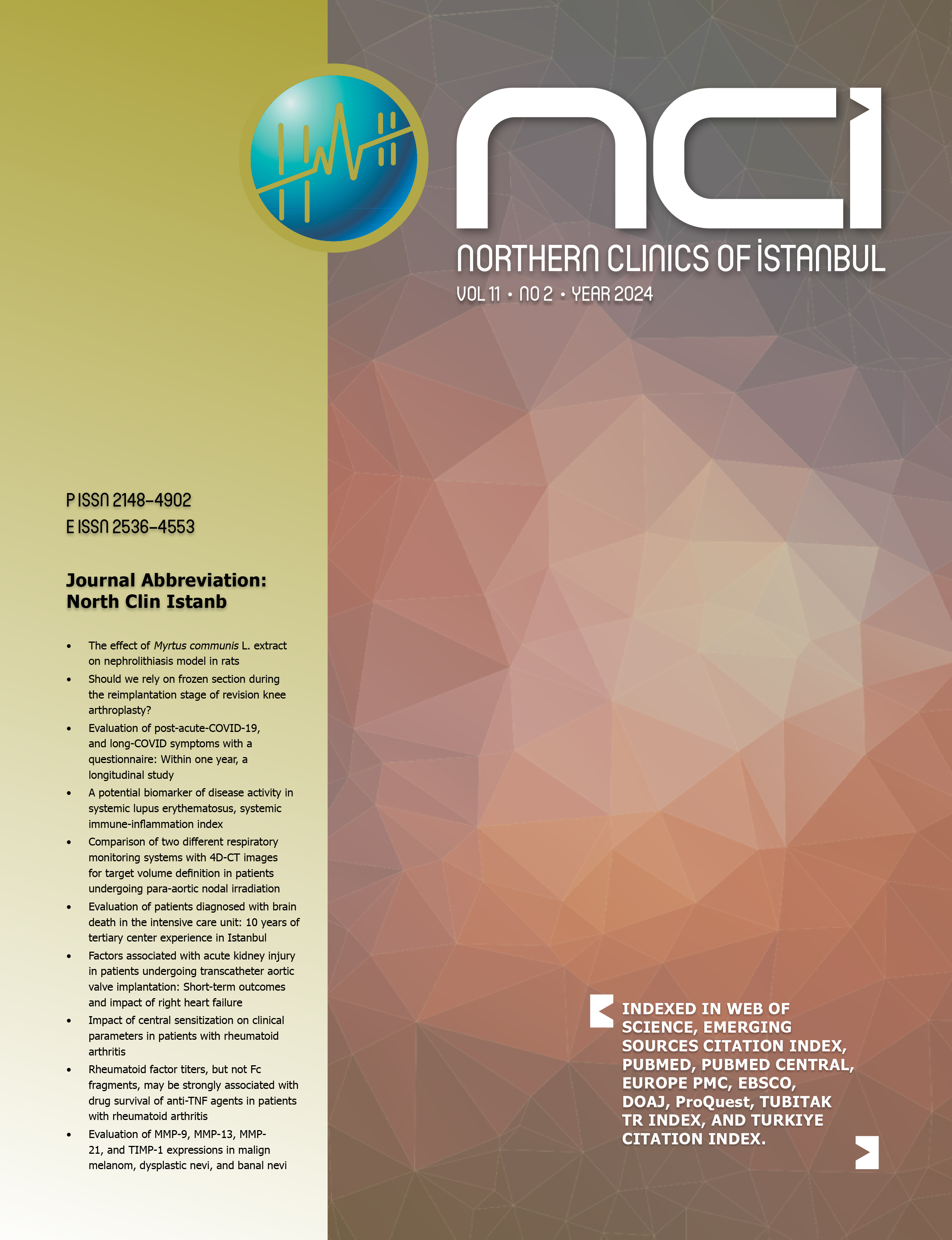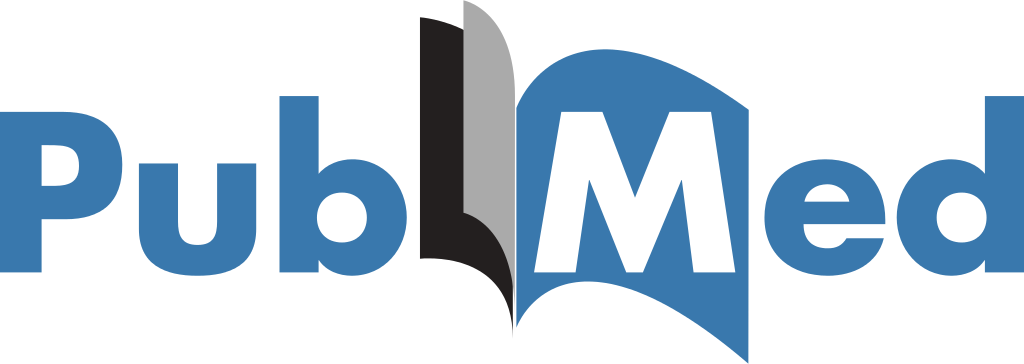Prognostic factors for survival in patients with gastric cancer: Single-centre experience
Gokhan Yaprak1, Deniz Tataroglu Ozyukseler2, Bedriye Doğan1, Melike Pekyürek11Department of Radiation Oncology, University of Health Sciences, Kartal Dr. Lutfi Kırdar Training and Research Hospital, Istanbul, Turkey2Department of Medical Oncology, University of Health Sciences, Kartal Dr. Lutfi Kırdar Training and Research Hospital, Istanbul, Turkey
OBJECTIVE: We aimed to investigate survival outcomes and survival-related prognostic factors in gastric cancer patients who were followed-up or received adjuvant therapy in our center.
METHODS: Patients with gastric cancer treated between 2005 and 2016 were evaluated retrospectively. We included 345 non-metastatic (stage I-III) gastric cancer patients in the study. The clinical, demographic, histologic data of the patients and treatment characteristics were obtained from the patient’s files.
RESULTS: While 50 patients were stage I, 94 patients were stage II, 201 patients were stage III. While 221 patients (64%) presenting with serosal or adjacent visceral organ invasion or with involved lymph nodes were treated with adjuvant chemoradiotherapy, 124 patients presenting with early-stage disease were followed after surgery. Median follow up time was 34 months (4–156 months). While the median overall survival (OS) was 51 months, median disease-free survival (DFS) was 35 months. Overall survival and disease-free survival rates for 1st, 3rd and 5th years were 85%, 55%, 45% and 72%, 49%, 38%, respectively. According to univariate analysis, tumor size, T stage (p<0.001), N stage (p<0.001), TNM stage (p<0.001), grade (p<0.001) and presence of lymphovascular invasion (p=0.005) were determined as prognostic factors that affect overall survival significantly. According to the multivariate analysis, only T and N stage (p<0.001) were determined as independent prognostic factors for overall survival.
CONCLUSION: Many different prognostic factors have been defined for gastric cancer. In concordance with the literature, we found T and N stages as prognostic factors in univariate and multivariate analysis.
Keywords: Chemoradiotherapy, gastric cancer; prognostic factors.
Mide Kanserli Hastalarda Sağkalımı Etkileyen Prognostik Faktörler: Tek Merkez Deneyimi
Gokhan Yaprak1, Deniz Tataroglu Ozyukseler2, Bedriye Doğan1, Melike Pekyürek11Department of Radiation Oncology, University of Health Sciences, Kartal Dr. Lutfi Kırdar Training and Research Hospital, Istanbul, Turkey2Department of Medical Oncology, University of Health Sciences, Kartal Dr. Lutfi Kırdar Training and Research Hospital, Istanbul, Turkey
GİRİŞ ve AMAÇ: Amaç: Mide kanseri nedeniyle merkezimizde takip edilen veya adjuvan tedavi alan hastaların sağkalım sonuçlarını ve sağkalımla ilişkili prognostik faktörleri tespit etmeyi amaçladık.
YÖNTEM ve GEREÇLER: 2005 ve 2016 yılları arasında tedavi edilen mide kanserli olgular retrospektif değerlendirildi. Metastatik olmayan (evre I-III) 345 hasta çalışmaya dahil edilmiştir. Klinik, demografik ve histolojik veriler ile tedavi özellikleri hastaların dosyalarından temin edilmiştir.
BULGULAR: Elli hasta evre I iken, 94 hasta evre II, 201 hasta evre III idi. Serozal veya komşu organ veya lenf nodu tutulumlu 221 hasta adjuvant kemoradyoterapi ile tedavi edilmişken, 124 hasta erken evre olması nedeni ile cerrahi sonrası takip edilmiştir. Ortalama takip süresi 34 aydır (4-156 ay). Ortalama genel sağkalım 51 ay iken ortalama hastalıksız sağkalım 35 ay olarak saptandı. Genel sağkalım 1. 3. ve 5. yıllarda sırası ile 85%, 55%, 45% iken hastalıksız sağkalım 72%, 49%, ve 38% olarak bulunmuştur. Tek değişkenli analizde; tümör boyutu (p<0.001), T evresi (p<0.001), N evresi (p<0.001), TNM evresi (p<0.001), grade (p<0.001) ve lenfovasküler invazyon varlığı (p: 0.005) sağkalım üzerine etkili prognostic faktörler olarak bulunmuştur. Çok değişkenli analizde ise sadece T ve N evresi (p<0.001) sağkalım üzerinde bağımsız prognostik faktör olarak tespit edilmiştir.
TARTIŞMA ve SONUÇ: Mide kanseri için birçok farklı prognostik faktörler tanımlamıştır. Bizim çalışmamızda, tek değişkenli ve çok değişkenli analizlerde T ve N evresi literatürle benzer şekilde prognostik faktörler olarak bulunmuştur. (NCI-2019-0143.R2)
Anahtar Kelimeler: mide kanseri-kemoradyoterapi-prognostik faktör
Manuscript Language: English




















